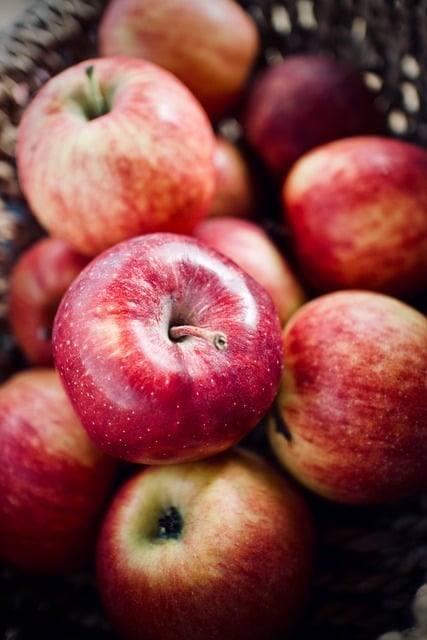Expert Pet Care: A Comprehensive Guide to Nutrition and Health
In today’s world, pets are not just mere companions but an integral part of our families. As a responsible pet owner, it is essential to provide the best possible care for your furry friends. One crucial aspect of pet care is nutrition, as the food you feed them plays a significant role in their overall health and well-being. In this article, we will delve into the world of pet nutrition and explore some valuable tips on how to choose the right food for different types of pets.
First and foremost, it’s essential to understand that every pet has unique dietary needs based on factors such as age, breed, size, and health conditions. For example, puppies require a high-protein diet to support their rapid growth and development, while senior dogs may need easier-to-digest food due to decreased digestive efficiency with age.
Similarly, cats are obligate carnivores, meaning they require a diet rich in protein from animal sources. Cats have specific nutritional requirements that include adequate levels of taurine, vitamin A, and arachidonic acid. Dogs, on the other hand, are omnivores and can thrive on a balanced diet that includes a mix of protein, fat, carbohydrates, and fiber.
Certain breeds of dogs, such as Bulldogs and Pugs, may require special care due to their flat faces and brachycephalic nature. These breeds often need to avoid rich, fatty foods that can exacerbate breathing difficulties.
Small mammals like hamsters, gerbils, and guinea pigs have distinct dietary needs. These tiny creatures are herbivores and require a diet rich in fiber, vitamins, and minerals. Some commercial pellets specifically formulated for small mammals may not be nutritionally balanced, so it’s crucial to supplement with fresh vegetables, fruits, and hay.
Birds, too, have unique nutritional requirements that cater to their specific physiology and dietary needs. Many birds are seed-eaters or insectivores, while others require a more varied diet that includes fruits, vegetables, and pellets specifically formulated for their species.
Another critical aspect of pet care is providing mental stimulation and engaging in regular exercise. This helps prevent boredom, stress, and behavioral problems associated with lack of activity and mental stimulation.
Providing a balanced and diverse diet can help ensure optimal health and well-being in your pets. Regular veterinary check-ups are also essential to monitor their health, detect any potential issues early, and make adjustments to their diet as needed.
With the vast array of pet food options available in the market today, choosing the right one for your furry friend can be overwhelming. The best way to ensure you’re making an informed decision is to consult with your veterinarian or a qualified animal nutritionist who can provide personalized recommendations based on your pet’s specific needs and health status.
In addition to providing the right food, regular grooming and hygiene practices are also vital for maintaining your pets’ overall health. Regular nail trimming, ear cleaning, and brushing their coats can help prevent matting, tangling, and skin problems.
Lastly, don’t forget about the importance of providing plenty of fresh water at all times to keep your pets hydrated and happy.
By following these expert pet care tips on nutrition and health, you’ll be well on your way to creating a happy, healthy, and thriving home for your beloved pets.
tags: Pet Nutrition, Expert Advice, Healthy Pets, Balanced Diet

